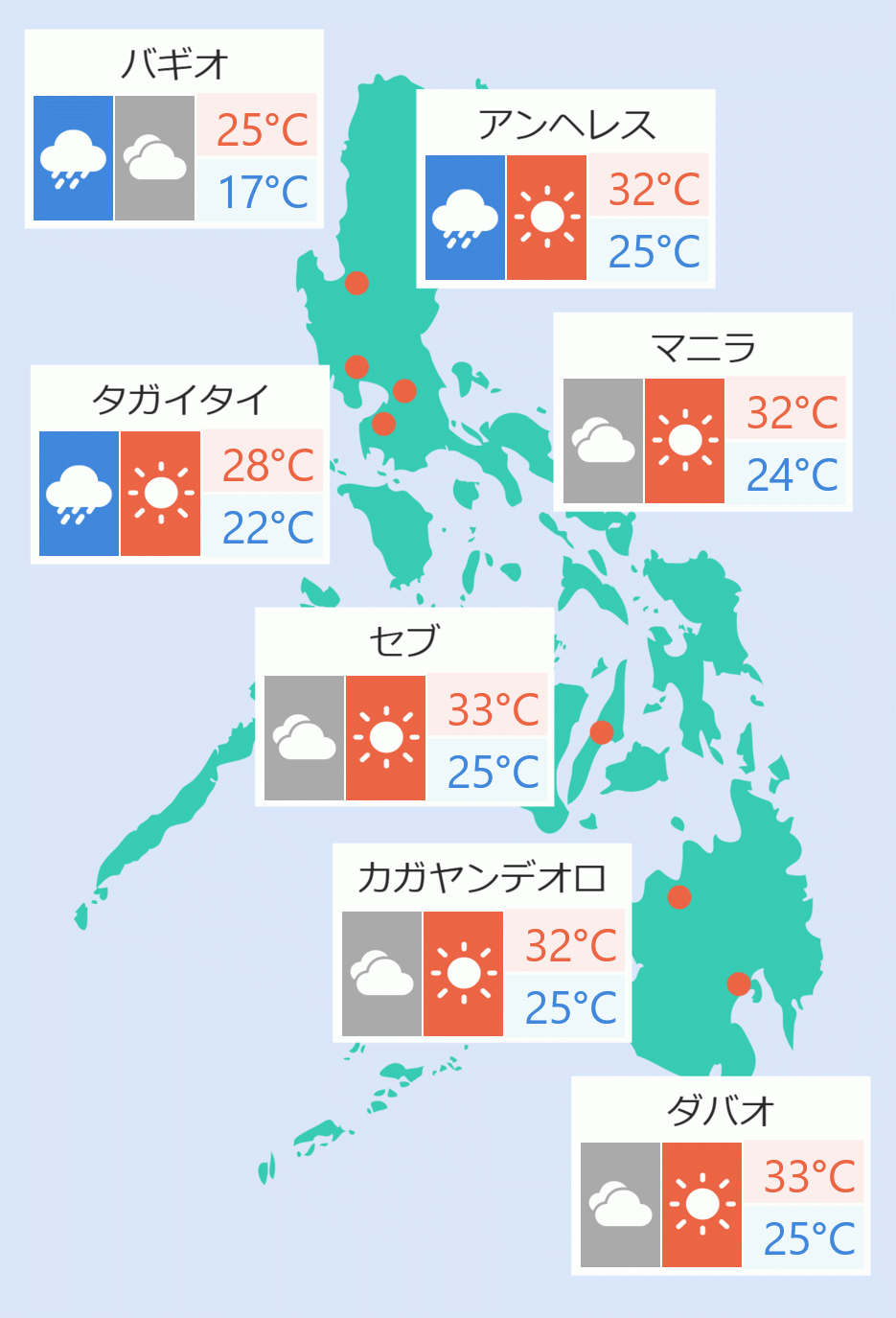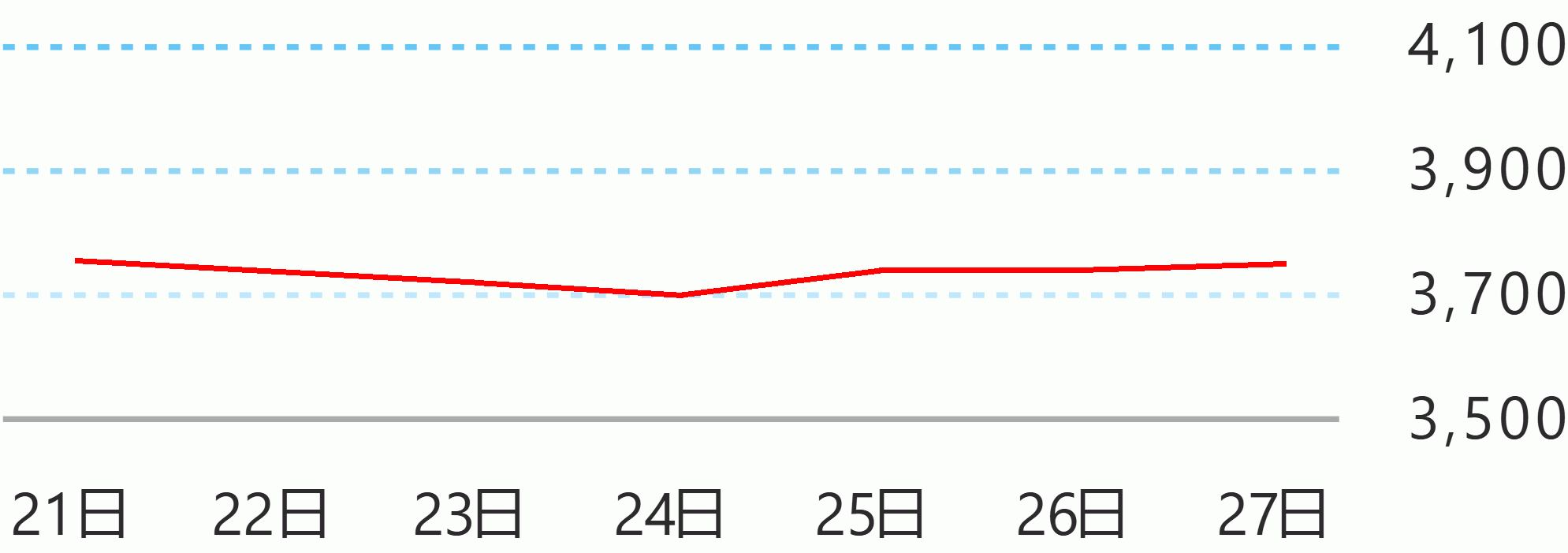By Robina Asido
Senator Imee Marcos admitted that the Senate may not be able to ratify the Regional Comprehensive Economic Partnership (RCEP) if the issues concerning the agricultural sector are not addressed.
"I am confessing to you we might not be able to get the votes like what Senator Koko Pimentel did before if we were not able to address this properly," Marcos, the chairperson of Senate Committee on Foreign Relations, said on Thursday.
Marcos said the bill for the ratification of RCEP which was brought by the 18th Congress to plenary through Pimentel never went to a vote "because it would have been roundly defeated" due to the strong opposition from the agricultural sector.
"I myself opposed the bill if I may be candid and the reason was because of the very strong lobby from all the agricultural stakeholders of different ideologies and creeds for a strange and unique instance. They were unanimous in opposing the bill," she said.
"Hence, we are determined to no longer take a vote because that would have been even more embarrassing if RCEP had lost in the Senate. What we therefore need to do is to go over the fears of the different constituencies involved or likely to be impacted by RCEP," she added.
Foreign Affairs Secretary Enrique Manalo said only the Philippines has not ratified the RCEP after Indonesia completed their ratification last week.
"Just last week Indonesia ratified so now we have all nine ASEAN have ratified and also five other dialogue partners. So actually out of the original signatories the original 15, only the Philippines has not yet ratified. When this was discussed in Indonesia, Indonesia has already ratified (it) last week," he said.
RCEP is a free trade agreement among countries in the Association of the Southeast Asian Nations (ASEAN), along with Australia, China, Japan, Korea, and New Zealand. It seeks to, among others, liberalize trade in goods and services by eliminating tariff and non-tariff barriers.
President Ferdinand Marcos Jr said during his state visit in Indonesia that RCEP ratification will be very high on the government's agenda.
Assistant Trade Secretary Allan Gepty enumerated three reasons why there are sectors who opposed the ratification of RCEP.
"The oppositionm if you analyze it, you can summarize into three grounds. One is the fear of liberalization. They are afraid of possible surge of imported products. Number two is because of lack of consultation and number three is the safety nets if we have remedies in case of possible surge of imported products," he said.
However, Assistant Foreign Affairs Secretary Gina Jamoralin noted that the "problem with the surge of agricultural imports should not attribute that to RCEP or to any other agreement."
"Because RCEP actually is just, even before RCEP we already concluded agreements with the ASEAN and the five dialogue partners ASEAN-Korea, ASEAN-China, ASEAN-Japan, ASEAN-Australia, New Zealand so the tariffs are already low," she said.
"According to RCEP, many of our imported goods from RCEP are mostly intermediate and raw materials, almost half of them and the final goods are only around 15 percent," she added.
Amid the strong opposition from the agricultural sector, Jamoralin noted that RCEP did not cover sensitive products like rice and sugar.
"The RCEP did not cover the sensitive product like rise, sugar it is not included we did not make commitment," she said.
NEDA Director Bien Ganapin added that based on their data the top imported goods in the country are products that are not produce in the Philippines.
"The increase in trade deficit in the agriculture, we agree that our imports will increase over the years but the top imports based on the data these are the products that are not produced in our country. Example is the inputs for animal food production, the wheat, soybean," he said.
During the hearing, Marcos asked the participating agencies to create a Technical Working Group that will make a briefer about the RCEP.
"How soon can we come out with the briefer? The output of TWG will be used to ratify this RCEP," she said.
Marcos said the briefer should include the products that will be covered by RCEP, the time frame, the regulations, safeguards, safety nets, remedies and others.
In response, Manalo said vows to complete and submit the briefer by the morning of September 15.
Ganapin assures that NEDA will work with other government agencies including DTI, Department of Agriculture and Department of Foreign Affairs to address the issue. DMS





 English
English









